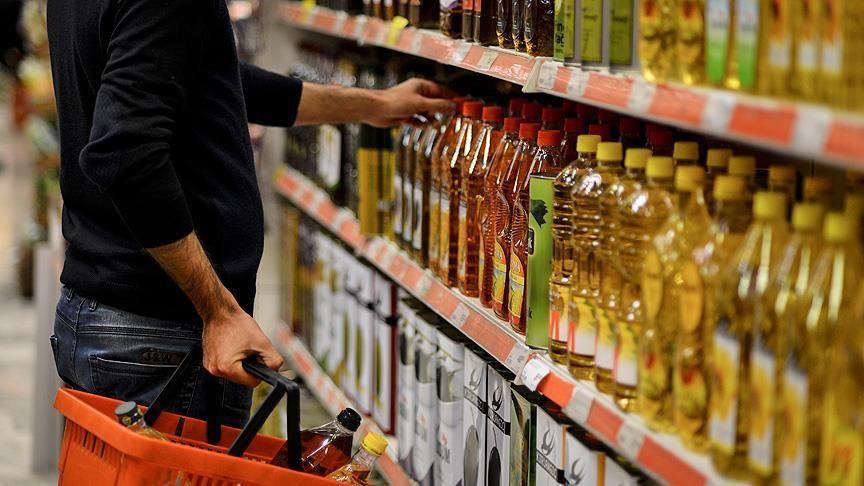
In Türkiye, fluctuating prices on supermarket shelves are increasingly being labeled as “discounts,” but consumers are growing skeptical.
Shoppers are now visiting multiple stores, tracking prices closely, and avoiding high-priced items unless absolutely necessary. This shift in behavior is driving a natural softening of prices, especially in fresh produce.
The legitimacy of many advertised discounts is under scrutiny, particularly in fruits and vegetables, where prices can change daily.
According to regulations, a genuine discount must reflect the lowest price of the day for perishable goods, and the lowest price within 30 days for longer-lasting items. Failure to comply can result in fines up to 90,000 Turkish Liras ($2,200).
Low demand has led to forced price reductions, especially in produce.
Grapes, once priced at 130 liras per kilo, dropped to 70 liras after consumers refused to buy at high prices, leaving stock unsold. Similarly, apples affected by frost saw rapid price drops as summer harvests began and old stock needed clearing. Despite a plentiful olive crop, olive oil prices — previously exceeding 600 liras per liter — fell to around 450 liras as new harvests approached and unsold inventory lingered.
Farmers, facing challenges from extreme heat and fast-growing crops like peppers, zucchini, and eggplants, were forced to sell at low prices. Meanwhile, supermarkets marketed these purchases as “discounts,” despite sourcing them at minimal cost.
Consumers are vocal about their experiences. Hasan Sarıtaş noted erratic pricing on cheese: “600 grams of kashar cheese [semi-hard cheese] was 175 liras last week, then 160 liras, now 170 liras — still marked as discounted. Who knows what it’ll be tomorrow?”
Kadriye Öztürk added, “They say there’s plenty of milk, but butter prices keep rising. No minimum wage increase, yet prices fluctuate constantly.”
Aydın Ağaoğlu, president of the Consumer Confederation (TÜKONFED), emphasized that consumers are now more aware of their spending power.
“If a discount is fake, the penalty is severe. Consumers should report unfair pricing. Many price drops are due to market dynamics like oversupply or seasonal harvests — not actual campaigns. By refusing to buy overpriced goods, consumers are influencing prices themselves,” he said.
In response to unfair pricing practices, the Trade Ministry has issued 24 million liras in fines to national supermarket chains and food retailers. The Agriculture and Forestry Ministry imposed an additional 207.4 million liras in penalties in July and filed criminal complaints against 29 food businesses.